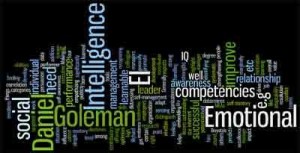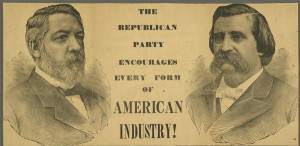 I have not always been a “reader”. Most of my reading over the years has been to my children and grandchildren. It is only in the last several years that I acquired the taste for books. And my tastes in reading material vary widely. But recently, I had a book suggested to me by fellow leadership coach, Rodney Mills of Centrifuge Leadership. He recommended the book Emotional Intelligence 2.0 by Travis Bradberry and Jean Greaves. I am using this book currently with one of my leadership coaching clients and I think it is worthy of sharing with the broader Leadership Voices audience.
I have not always been a “reader”. Most of my reading over the years has been to my children and grandchildren. It is only in the last several years that I acquired the taste for books. And my tastes in reading material vary widely. But recently, I had a book suggested to me by fellow leadership coach, Rodney Mills of Centrifuge Leadership. He recommended the book Emotional Intelligence 2.0 by Travis Bradberry and Jean Greaves. I am using this book currently with one of my leadership coaching clients and I think it is worthy of sharing with the broader Leadership Voices audience.
The book has a foreword by Patrick Lencioni. Many of you will recognize him as the author of Five Dysfunctions of a Team and Death by Meeting. If you are into great titles, those are a couple of great ones. As Lencioni proclaims in the foreword, he’s no expert in this field, but he sees everyday how critical a skill it is to have and he’s so enthusiastic about this book because it’s the first he’s read that actually shows you how to increase your EQ and apply it in your personal and professional life.
The opening chapter deals with Emotional Intelligence (EI) and your Emotional Quotient (EQ) and compares and contrasts it to the more well-known “IQ”. The chapter describes what EQ is and what it isn’t. For example, a lot of people mistakenly think that EQ is a part of your personality. To the contrary EQ is separate from your personality, just as it is separate from your intellect, or IQ. It begins to build your understanding of emotions by showing what the five core emotions look like in varying degrees of intensity. Next the team of Bradberry and Greaves explain research studies that illustrate how important EQ is in daily living. They show how your EQ impacts things like your tolerance for change, how you manage stress, and even how much money you make.
What Emotional Intelligence Looks Like: Understanding the Four Skills
 The book introduces and explains Daniel Goleman’s four EQ skills: Self-Awareness, Self-Management, Social Awareness, and Relationship Management. Beyond a conceptual description of the skills, the book provides detailed vignettes show examples of real people who are high or low in each of the skills.
The book introduces and explains Daniel Goleman’s four EQ skills: Self-Awareness, Self-Management, Social Awareness, and Relationship Management. Beyond a conceptual description of the skills, the book provides detailed vignettes show examples of real people who are high or low in each of the skills.
To truly improve your ability in the four emotional intelligence skills, you need to better understand each skill and what it looks like in action.
Click here to read the rest of the article »








